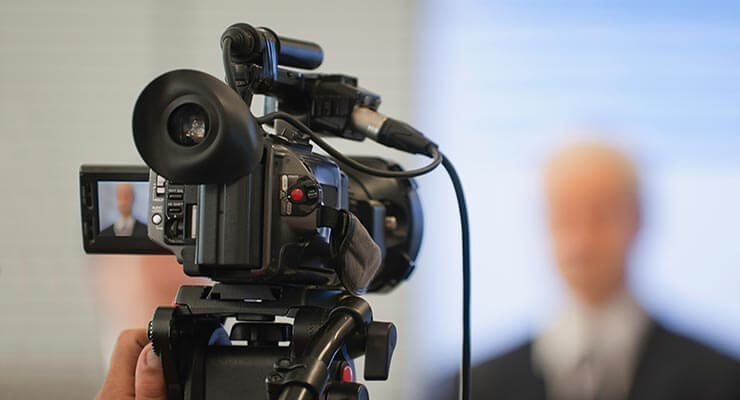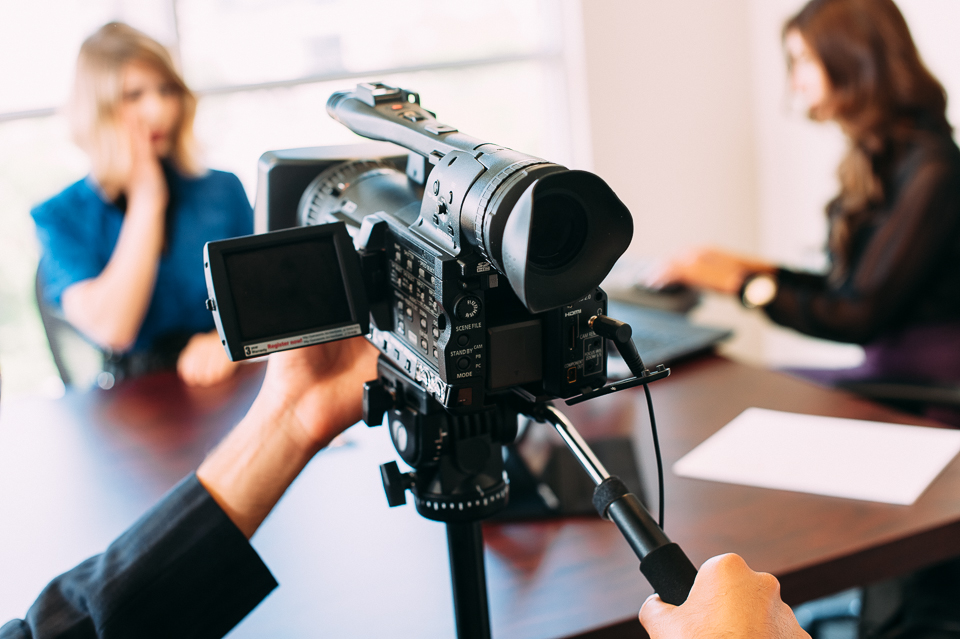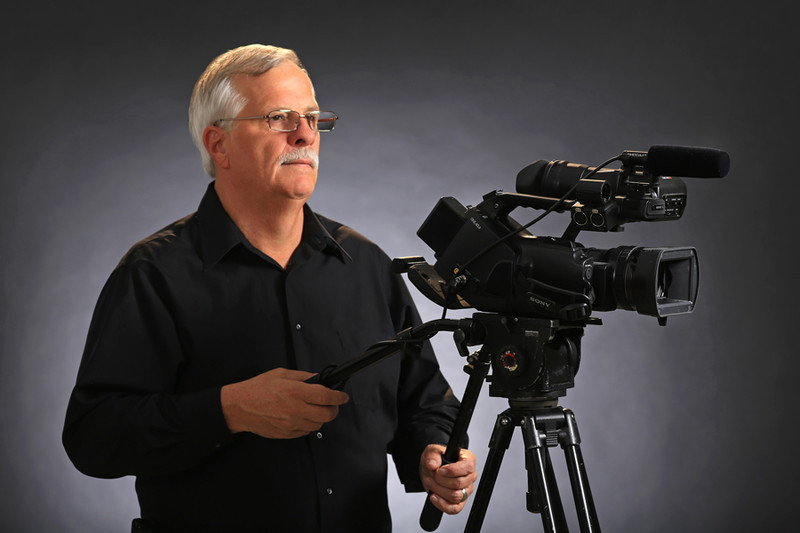Flexible Legal Videography for Your Legal Needs.
Flexible Legal Videography for Your Legal Needs.
Blog Article
The Function of Legal Videography in Depositions and Tests
Lawful videography has arised as an important device in both depositions and trials, giving a multifaceted strategy to documenting witness testaments. As legal professionals progressively recognize its value, it motivates a deeper exam of how these aesthetic documents can affect juror understandings and test results.

Relevance of Legal Videography
Legal videography plays a crucial role in the paperwork and discussion of depositions and trials. This specific field integrates technological abilities with legal understanding to develop a dependable document of process that can significantly influence situation end results. The appearance of legal videography improves the understanding of witness testament, allowing jurors and judges to observe not only the spoken words however additionally the disposition, emotions, and body movement of the witnesses.
Furthermore, legal videography offers an objective account of events, reducing the potential for misconception that can happen with created transcripts alone. This visual documents works as a critical device throughout trial presentations, facilitating a more clear and even more convincing narrative for both plaintiffs and offenders. The ability to replay video clip sections during court process allows legal groups to highlight key factors, strengthening their arguments properly.
The value of legal videography expands beyond the courtroom; it likewise plays an important duty in protecting proof for future recommendation, whether for appeals or more lawsuit. Because of this, its assimilation into the lawful process is crucial for making sure a reasonable and precise depiction of the truths, inevitably contributing to the search of justice.

Refine of Legal Videography
While recording the nuances of depositions and trials, the procedure of lawful videography entails several vital actions that ensure premium, precise recordings. Originally, a professional legal videographer prepares by evaluating the situation products and comprehending the certain requirements of the deposition or trial. This prep work consists of acquainting themselves with the participants and the context, which helps in catching important information.
On the day of the recording, the videographer establishes the essential devices, which usually includes high-def video cameras, microphones, and appropriate illumination. Making sure ideal angles and sound high quality is important, as it directly impacts the effectiveness of the recording. The videographer communicates with attorneys and individuals to develop procedures, making sure that everybody understands the recording process.
Throughout the deposition or test, the videographer meticulously tapes the procedures, paying very close attention to both verbal and non-verbal signs. This consists of catching the disposition and reactions of witnesses and lawyers. After the session wraps up, the videographer may edit the video for clearness and compliance with lawful criteria, creating an end product that precisely reflects the process for future recommendation and use in lawful contexts.
Advantages in Depositions
The consolidation of videography in depositions offers countless advantages that boost the general process of collecting evidence. One primary advantage is the ability to record witness statements with visual and acoustic fidelity, supplying a more exact representation of the witness's disposition, tone, and body movement. This multidimensional method allows attorneys and juries to examine trustworthiness much more description efficiently than traditional written records alone.
Furthermore, videographed depositions offer as a powerful device for preserving testament. Ought to a witness become inaccessible for trial, their tape-recorded deposition can be played in court, ensuring that their evidence stays accessible and pertinent. This aspect substantially reduces the danger of shedding important details that could his explanation affect instance outcomes.

Last but not least, videography boosts the general professionalism of the deposition procedure, instilling self-confidence in customers concerning the thoroughness of their lawful depiction (legal videography). By leveraging modern technology, legal specialists can considerably enhance the performance of depositions
Effect On Trials
In many trials, the integration of videography can dramatically influence the discussion of evidence and the jury's assumption. Lawful videography records witness testaments and important proof in a vibrant format, enabling jurors to engage with the material on multiple degrees. This visual component improves the storytelling element of a trial, giving context and psychological resonance that typical text-based proof may lack.
In addition, video clip recordings can work as effective devices for impeachment throughout cross-examination. When inconsistencies arise between a witness's prior declarations and their courtroom testament, video clip proof offers an unbiased recommendation that can persuade jurors' point of views. This immediacy and quality can boost the reliability of an event's story explanation while simultaneously weakening opposing disagreements.

Future Trends in Legal Videography
As we look towards the future of lawful videography, a number of emerging patterns promise to reshape its role within the court. One significant fad is the combination of expert system (AI) in video evaluation and editing and enhancing. AI can streamline the procedure of identifying vital minutes in videotaped depositions, permitting attorneys to swiftly access pertinent web content, consequently enhancing efficiency in case prep work.
Furthermore, the rise of virtual fact (VR) and augmented truth (AR) modern technologies is expected to change how jurors experience proof. legal videography. By submersing jurors in a simulated environment, these technologies can offer an extra profound understanding of complex situations, leading to more educated deliberations
Moreover, the enhancing demand for remote depositions, increased by the COVID-19 pandemic, will likely proceed. Legal videographers will need to adjust to new software application and systems to guarantee high-grade recordings in digital settings.
Finally, the expanding emphasis on data safety will necessitate stricter procedures for keeping and sharing video clip evidence. As the legal landscape develops, lawful videographers must remain abreast of these fads to maintain their relevance and efficiency in the judicial procedure.
Verdict
In recap, lawful videography offers an essential feature in the judicial procedure, enhancing the stability of depositions and tests. As innovation proceeds to evolve, lawful videography is positioned to further transform its duty within the lawful landscape.
Report this page